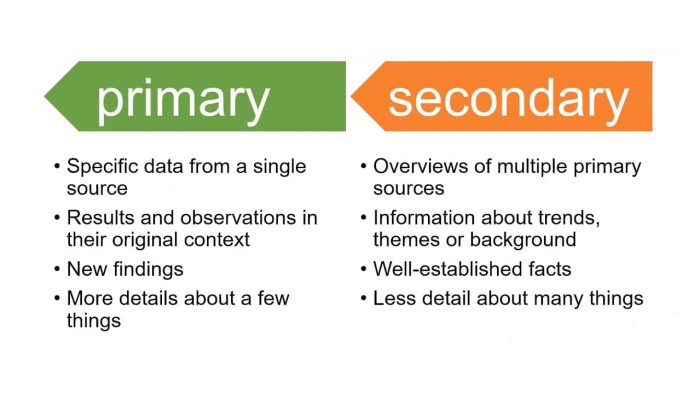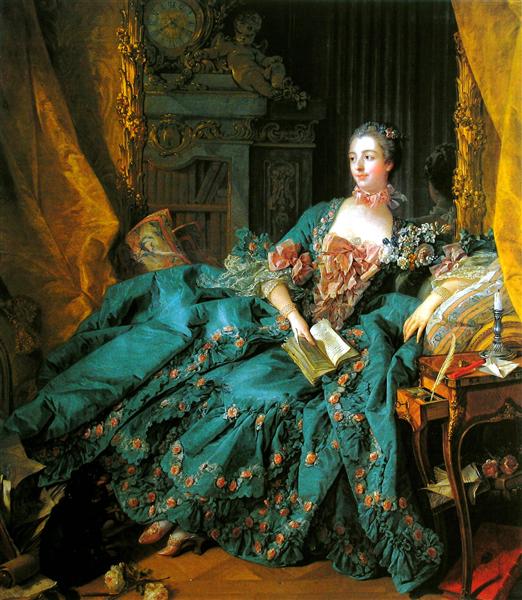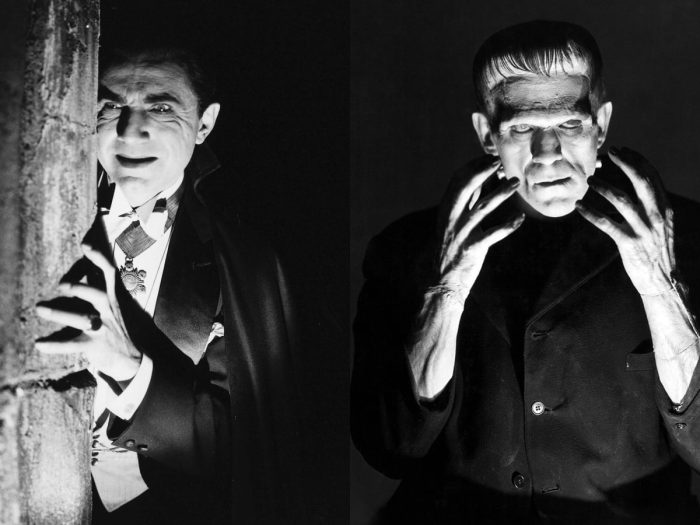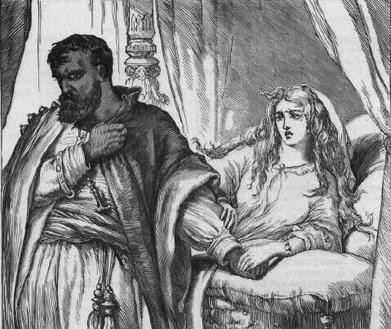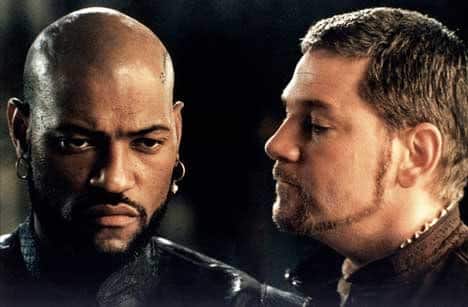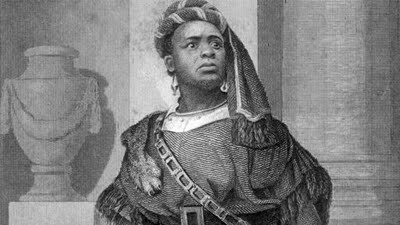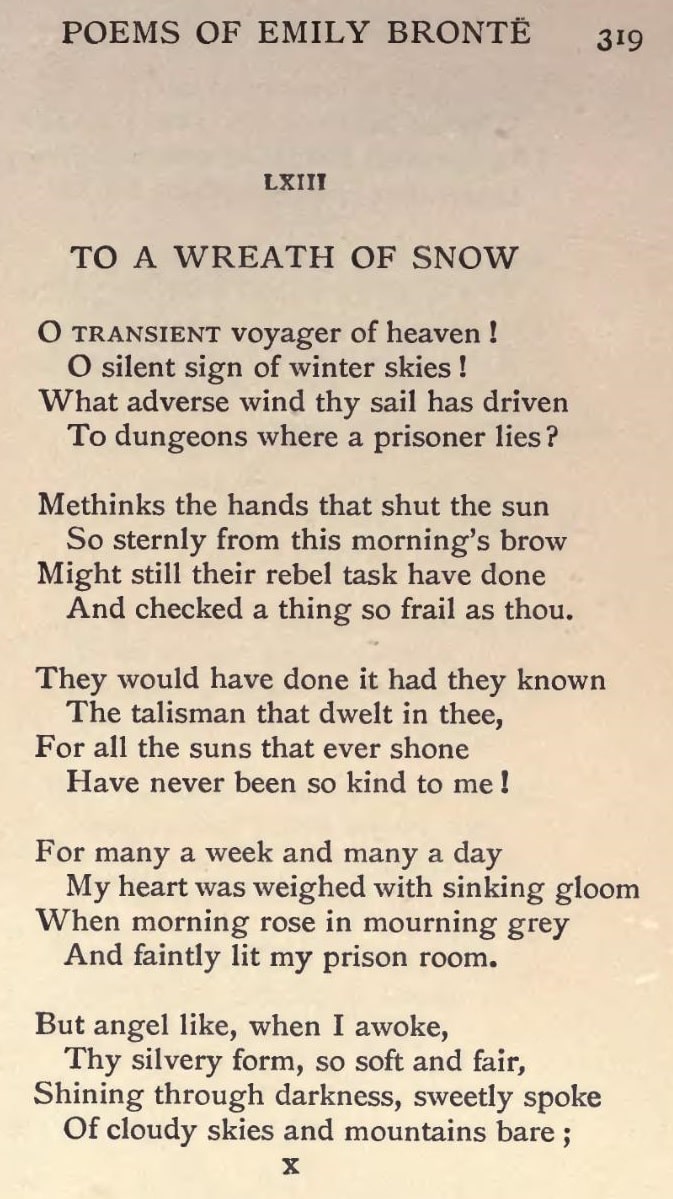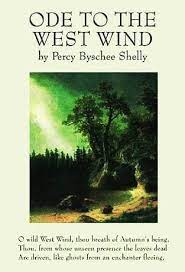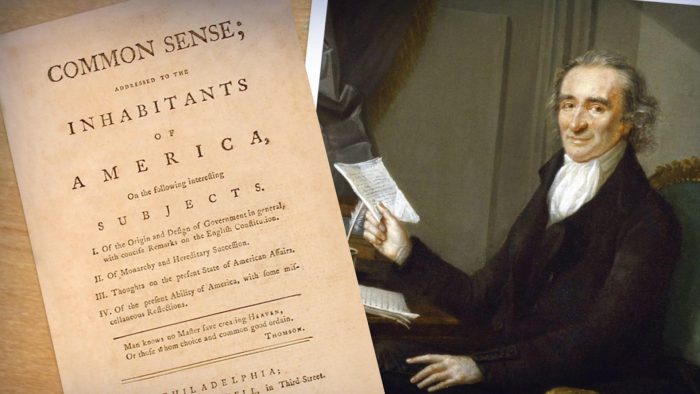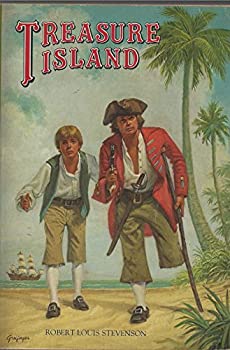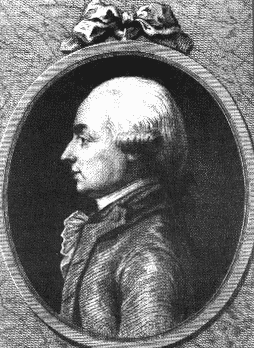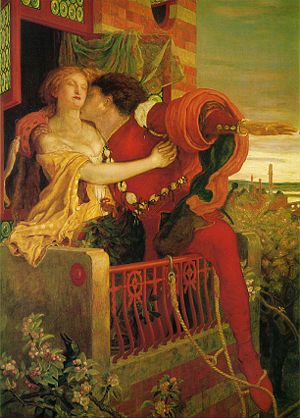William completed his Bachelor of Science and Master of Arts in 2013. He current serves as a lecturer, tutor and freelance writer. In his spare time, he enjoys reading, walking his dog and parasailing.
Article last reviewed: 2022 | St. Rosemary Institution © 2010-2025 | Creative Commons 4.0
Q 1. DIFFERENCE BETWEEN A PRIMARY AND SECONDARY SOURCE Primary and secondary sources refer to the research materials used in an inquiry. Primary sources are the first-hand accounts that are found directly from an event or source. They are predominantly useful in historical research and can include artifacts or documents closest to the research topic.…
Francois Boucher’s piece, titled Portrait of Madame de Pompadour, is a representation of a woman reclining on her seat’s backrest holding a book in her hand. She is wearing a fancy dress and gazing blankly into the distance. This painting’s focus is on its woman seater with her exceptionally sophisticated dress and hairstyle, which contrasts…
Since the recognition of psychology as a discipline, scholars have developed various theories to explain cognitive development in humans. While theorists unanimously agree that every human being is cognitively special and unique, they have recognized that the development follows some general pattern, which is documented in various theories. Among such models is Jean Piaget’s Theory…
Female sexuality has been a focal point for writers throughout literature, focusing on different factors of the feminine, whether it be maternity, sexual liberty or corporeal freedom. However, much more focus is placed on the denial of femininity seen through the actions of their male counterparts, who reject the sexual liberty of women and their…
Throughout Shakespeare’s didactic play “The Tragedy of Othello: The Moor of Venice”, the playwright utilizes the antagonist, Iago as a mouthpiece of misogyny and as the central character of the degradation of the women in the play. Iago presents the women in the play as having an appetite for a myriad of things, such as…
William Shakespeare in his morality play “The Tragedy of Othello: The Moor of Venice”, presents the audience with a society dominated by men, leaving women as the inferior gender. Therefore, the women in the play are subjugated to Shakespeare’s form of the patriarch within “Othello”, left to defend themselves from the male constructs. This essay…
In William Shakespeare’s 1604 morality play, “The Tragedy of Othello: The Moor of Venice”, the playwright presents the audience with a marriage which possesses many flaws, such a jealousy, racial difference, and social standing. One may suggest that jealousy is the biggest flaw for the marriage, because it has on the couple throughout the play.…
Throughout history, relationships have been the focal point of a myriad of literature, mainly focusing upon both the highs and lows of them. Shakespeare especially focuses on relationships in much of his work, ranging from “Romeo and Juliet” to “Othello.” All writers use this theme to convey the fundamentality of relationships within life and the…
William Shakespeare in his 1604 play “The Tragedy of Othello: The Moor of Venice” presents the audience with a protagonist who loses his faith throughout the course of the play. The abstract noun faith has a two-fold meaning, defined by either a complete trust in someone or something, or a strong doctrinal belief in a…
Whilst simultaneously displaying both aspects of virtue and valour at certain points throughout the play, one may see Shakespeare’s 1604 character of Othello, the Moor of Venice, as admirable because of these qualities. One whom possesses virtue and valour, have high morals, merit, and show courage in the face of danger, particularly in battle. Granted,…
Reflecting on each other’s personal lives, Percy Bysshe Shelley and Emily Bronte meticulously explore the theme of hope in their poems, Ode to West Wind and to a Wreath of Snow respectively. The West Wind which has the power to both destroy and preserve is shown as a symbol of change and hope in the…
“Ode to the West Wind” by Percy Bysshe Shelly and “Ode on Melancholy” by John Keats speak about two very different topics, the juxtaposing characteristics of nature and overcoming sadness respectively. However, both poems come to the same conclusion that every good experience comes with something bad and undoubtedly, after every bad phase, we will…
After the devastating defeat on the hands of the conservatives in 1979, the torn Labour party had to go through a series of changes to reassert its internal structure and organization. From the Bennite Challenge that redressed and centralized the power of decision making inside the party to the rejection of nationalization and crushing the…
The landslide victory of the New Labour party in 1997 was supposed to signal a socio-economic transformation in Britain that has been ruled for nearly two decades by the Conservatives. Britain had become a salient neo-liberal country in Europe and many had expected the winning social democrats to change that. Contrary to expectations, the New…
The mid-19th century witnessed a wave of reformation movements in both Europe and USA. It was a rise of consciousness that covered all aspects whether be it social, economic, or political. The women equal rights movements were amongst the most prominent movements at the time due to the sensibility of their matter. The Declaration of…
The power of words is not to be underestimated. In 1776, Thomas Paine released a simple pamphlet that was to change the course of history. As the title “Common Sense” implies, the pamphlet addressed the American people to enlighten their minds, and to persuade them to fight for complete independence from Britain. Despite Paine’s failure…
What makes Stevenson’s Treasure Island a realistic work is the careful use of details, the simple language, and verisimilitude. Stevenson’s careful use of details can be best spotted in his description of the pirates. Let us take the example of Billy Bones. The writer gives a full description about his looks, outfit, habits, manners, lingo,…
The Essence of the Letter: The new world is the land of new beginnings. It is an entirely different world from that of Europe, and completely detached from its social, political, and economic problems. It is a haven where people live in harmony and have equal chances to make their fortunes. These people have a…
In the play Romeo and Juliet, Shakespeare examines the conflict between the Montagues and Capulets both internally and externally; displaying various types of conflict which can be seen in the deaths of Tybalt, Mercutio, and Paris due to toxic masculinity and male bravado. Romeo and Juliet’s relationship faces obstacles due to the animosity and predestined…
“We hold these truths to be self-evident that all men are created equal and are endowed by their creator with certain unalienable rights and among these rights are Life, Liberty, and the pursuit of Happiness.” – Declaration of Independence. All men are created equal. Not everyone is born into the lap of prosperity. Freedom dictates…

